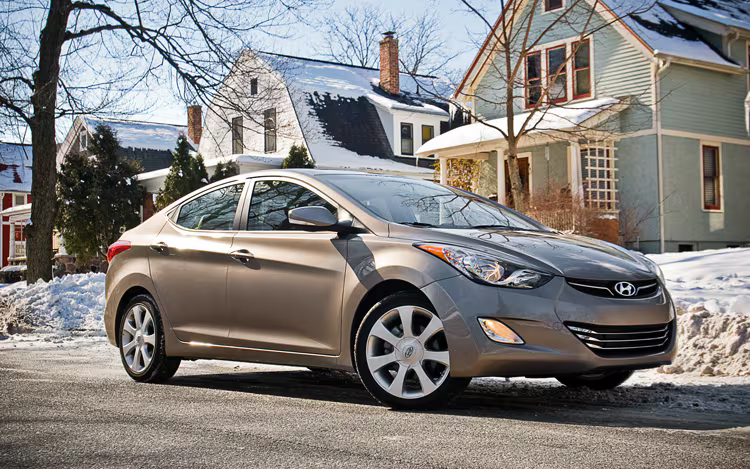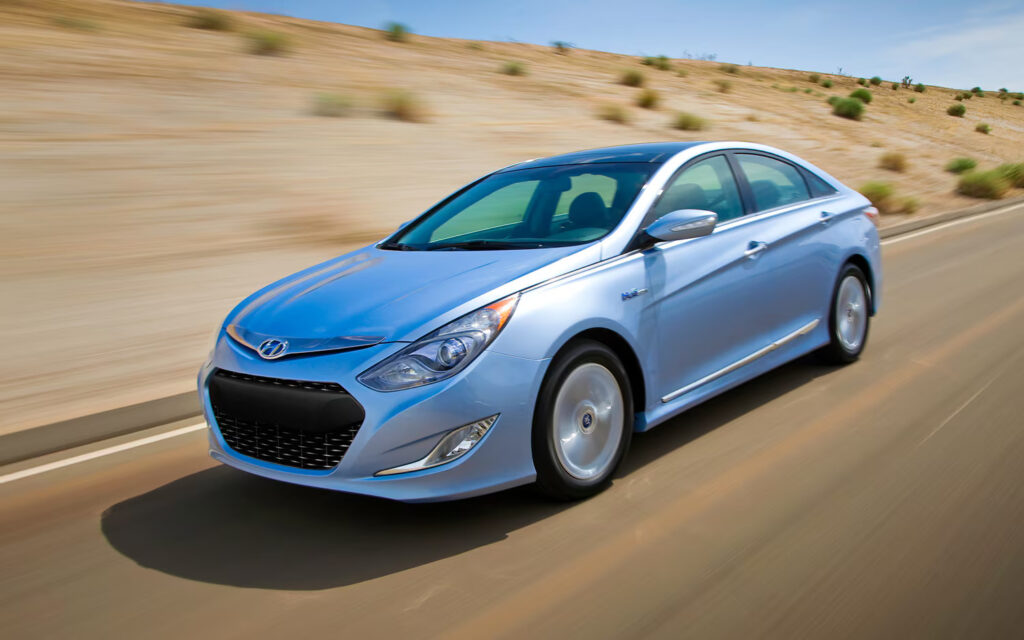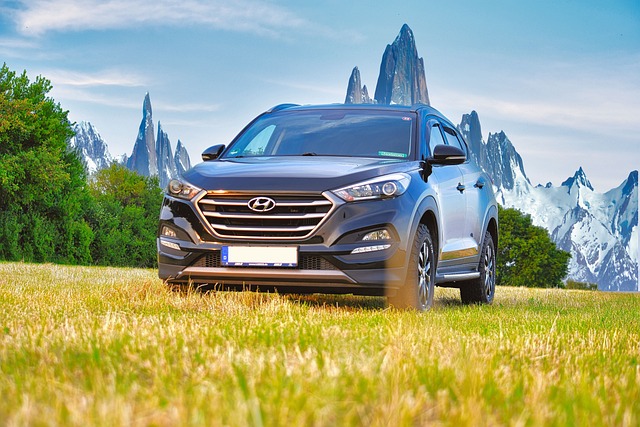If you have a Hyundai, it’s important to keep up with your maintenance schedule. Skipping an oil change, tire rotation and other service could lead to expensive repairs down the road.
If you need a Hyundai mechanic near me, we recommend getting in touch with an independent shop instead of going to the dealership. These independents are more likely to have the diagnostic knowledge you need and can often save you money on repairs.
Check Engine Light
The Check Engine Light is a visual indicator that the car’s on-board computer system has detected a problem. It’s usually a minor issue that can be easily fixed, but it could also indicate a more serious problem.
The light will typically come on when the computer detects a “trouble code” that is stored in the car’s ECU. These codes can be read with a special specialized reader connected to the on-board diagnostics port (OBD) and are essentially indicators of what’s wrong.
The good news is that most of these trouble codes can be accessed with the help of an OBD II scanner. However, if the issue is more serious, you’ll need to take your car to an independent hyundai mechanic near me for a professional diagnosis.

Oil Change
An oil change is the process of draining old engine oil out of your vehicle and replacing it with new, clean oil. It’s a crucial part of the maintenance process that keeps your car running smoothly and protects its engine parts from wear.
Most cars have a recommended interval for changing the oil based on mileage. Some automakers recommend that you change your oil every 3,000 miles.
The reason for this is that oil gets dirty and breaks down over time, causing it to lose its ability to lubricate the engine’s moving parts.
This can lead to issues like decreased engine life and overheating. To avoid these problems, you need to keep up with your oil changes.

Tire Rotation
Tire Rotation is a critical maintenance step that extends the life of your tires and keeps your vehicle running safely. It also helps maintain good traction, prevents blowouts and improves fuel economy.
Most automakers recommend that your tires be rotated at certain intervals. Usually, every 5,000 to 7,500 miles.
In general, the front tires wear out faster than the rear tires because the majority of cars have their engine and transaxle in front. This makes the front tires subject to more wear and tear because they’re constantly bearing additional weight while braking and steering.

Cabin Filter
Your vehicle’s engine and ventilation systems rely on the cabin filter to keep a steady stream of clean air flowing. It does this by preventing dust, dirt, pollen and other contaminants from getting into the HVAC system.
It also keeps bugs, leaves and other debris from clogging the system. This is particularly important in spring when you may be susceptible to allergens that can cause breathing problems.
As with other maintenance services, it’s a good idea to check and replace the cabin filter regularly, usually every 12,000 miles or so. Driving conditions will play a big role in how frequently you need to change it.

Schedule Service at Stevinson Hyundai
When it comes to keeping your Hyundai in good shape, paying attention to the maintenance schedule is important. This means always bringing your vehicle in for oil changes, tire rotations, alignments, filter checks and replacements, and other service that helps it stay sturdy, reliable, and safe. In addition, make sure you pay attention to the check engine light so any underlying issues are quickly diagnosed and fixed by our team of skilled mechanics.
If you’re looking to get involved in the service at Stevinson Hyundai, you can easily book your appointment online or give us a call. We’ll help you set up a routine maintenance schedule that fits your life and your wallet. Plus, we never bog you down with unnecessary upsells. It’s a Denver Hyundai service experience you can count on.

